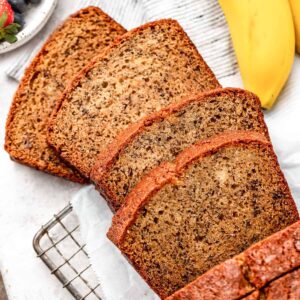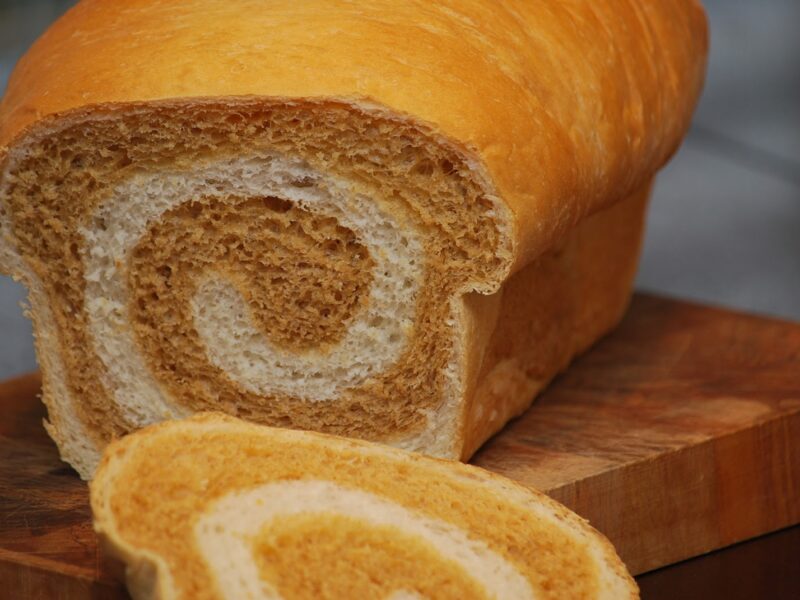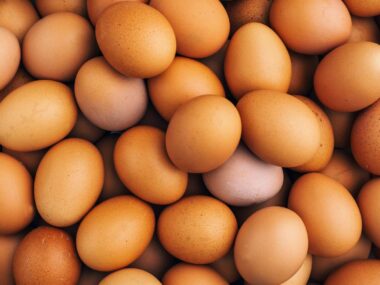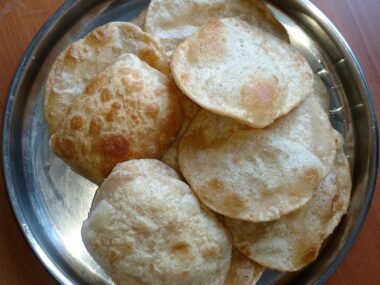In Nigeria, bread holds a special place in culinary culture, serving as a staple food enjoyed by people of all ages and backgrounds. From the soft and fluffy loaves of Agege bread to the hearty and nutritious whole wheat varieties, Nigerian bread comes in a delightful array of flavors, textures, and shapes. In this extensive guide, we’ll take a deep dive into the world of homemade Nigerian bread recipes, exploring traditional favorites and innovative twists that celebrate the rich culinary heritage of the nation.

The Significance of Bread in Nigerian Cuisine
Bread plays a central role in Nigerian cuisine, serving as a versatile and convenient option for breakfast, lunch, and snacks. Whether enjoyed plain with a cup of tea or used as a base for savory sandwiches and hearty stews, bread is cherished for its comforting taste and satisfying texture. In cities and villages alike, the aroma of freshly baked bread wafting from local bakeries and home kitchens is a familiar and cherished sight, evoking memories of warmth, togetherness, and shared meals.
Traditional Nigerian Bread Varieties
Nigerian bread encompasses a wide range of varieties, each with its own unique characteristics and regional variations. Some of the most popular traditional Nigerian bread recipes include:
- Agege Bread: Originating from the bustling streets of Lagos, Agege bread is known for its soft and pillowy texture, slightly sweet flavor, and distinctive pull-apart crust. Made with flour, yeast, sugar, salt, and water, Agege bread is a beloved breakfast staple enjoyed with butter, jam, or spicy spreads like egg stew or sardine sauce.
- Boli Bread: Also known as “bunmi” or “big bread,” Boli bread is a hearty and filling loaf made with a combination of wheat and cassava flour. It features a dense and chewy texture, perfect for soaking up soups and stews. Boli bread is often enjoyed as a midday snack or paired with spicy pepper soup for a satisfying meal.
- Coconut Bread: A tropical twist on traditional bread, coconut bread is infused with the sweet and nutty flavor of coconut milk and grated coconut. This moist and flavorful loaf pairs beautifully with a cup of tea or coffee and makes a delightful addition to brunch or afternoon tea gatherings.
- Fisherman Bread: Named for its association with fishermen who would enjoy it as a hearty meal on long fishing trips, Fisherman bread is a dense and substantial loaf packed with protein-rich ingredients like fish, eggs, and beans. It’s often served with spicy sauces or enjoyed plain as a filling and nutritious snack.
Innovative Nigerian Bread Recipes
While traditional Nigerian bread recipes hold a special place in the hearts of many, innovative cooks and bakers are constantly experimenting with new flavors, ingredients, and techniques to put a modern twist on classic favorites. Some innovative Nigerian bread recipes to try include:
- Plantain Bread: A fusion of sweet and savory flavors, plantain bread combines ripe plantains with flour, sugar, and spices to create a moist and flavorful loaf that’s perfect for breakfast or snacking.
- Green Tea Bread: Infused with the antioxidant-rich flavors of green tea, this fragrant and delicate bread is a refreshing departure from traditional varieties. Enjoy it toasted with a drizzle of honey or paired with fresh fruit for a nutritious and energizing start to the day.
- Chin Chin Bread Rolls: Inspired by the beloved Nigerian snack, Chin Chin bread rolls combine the crunchy texture of Chin Chin with the soft and fluffy interior of traditional bread. These bite-sized rolls are perfect for dipping in soups, spreading with butter, or enjoying on their own as a tasty snack.
- Suya Breadsticks: Elevate your bread game with the bold and spicy flavors of suya seasoning. These crispy breadsticks are seasoned with a blend of ground peanuts, chili powder, and other spices, making them the perfect accompaniment to soups, salads, or cheese platters.
Tips for Baking Homemade Nigerian Bread
Baking homemade Nigerian bread is a rewarding and enjoyable experience that allows you to customize flavors and ingredients to suit your taste preferences. Here are some tips for baking delicious and flavorful Nigerian bread at home:
- Use High-Quality Ingredients: Start with fresh, high-quality ingredients, including flour, yeast, sugar, salt, and any additional flavorings or mix-ins.
- Knead the Dough Thoroughly: Properly kneading the dough helps develop gluten and creates a soft and elastic texture. Knead the dough by hand or use a stand mixer with a dough hook attachment until it’s smooth and springy.
- Allow Sufficient Rising Time: Give the dough enough time to rise and double in size, as this allows the yeast to ferment and develop flavor. Place the dough in a warm, draft-free environment and cover it with a clean kitchen towel or plastic wrap to prevent drying out.
- Experiment with Flavors: Don’t be afraid to get creative with flavors and ingredients. Add spices, herbs, nuts, seeds, or dried fruits to customize your bread and make it uniquely yours.
- Monitor Baking Times Carefully: Keep a close eye on your bread as it bakes to prevent it from overcooking or burning. Use a kitchen timer and check for doneness by tapping the bottom of the loaf – it should sound hollow when fully baked.
- Allow Bread to Cool Completely: Allow your bread to cool completely on a wire rack before slicing or serving. This allows the crumb to set and prevents the bread from becoming soggy.
Conclusion
Homemade Nigerian bread recipes offer a delightful journey through tradition and innovation, celebrating the rich culinary heritage of Nigeria while embracing new flavors, ingredients, and techniques. Whether you’re craving the comforting taste of Agege bread or eager to experiment with innovative varieties like plantain bread or suya breadsticks, the world of Nigerian bread baking invites you to unleash your creativity and indulge your taste buds. With a little time, patience, and passion for baking, you can create delicious and flavorful loaves that bring joy and satisfaction to every meal. So roll up your sleeves, preheat your oven, and let the aroma of freshly baked bread fill your kitchen as you embark on your own homemade Nigerian bread-making adventure. Whether you’re sharing it with family and friends or savoring it on your own, each bite is a celebration of tradition, innovation, and the simple joys of homemade goodness. So why wait? Start baking and discover the magic of Nigerian bread today!










